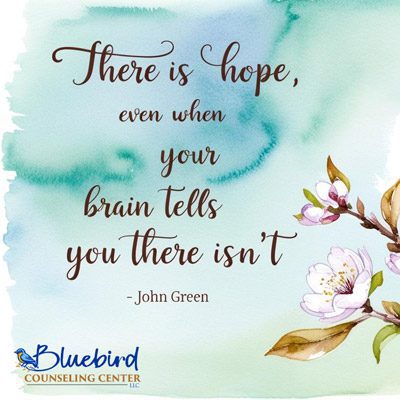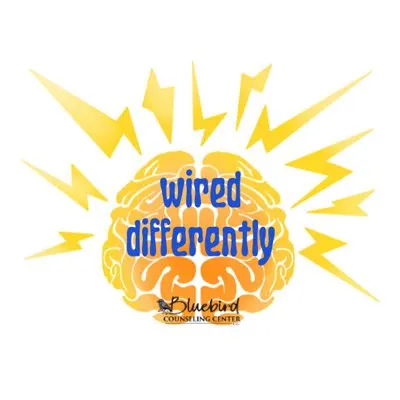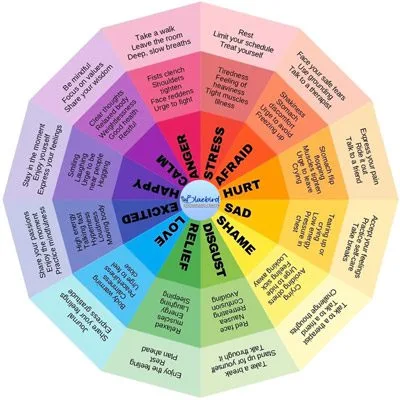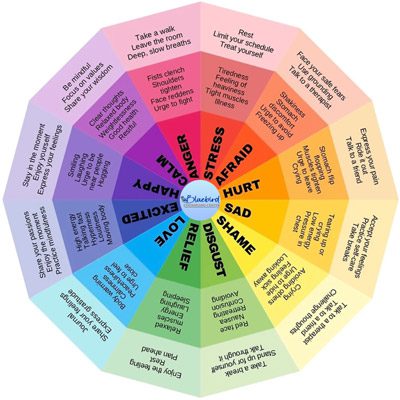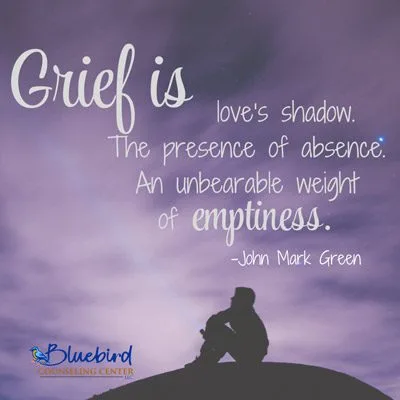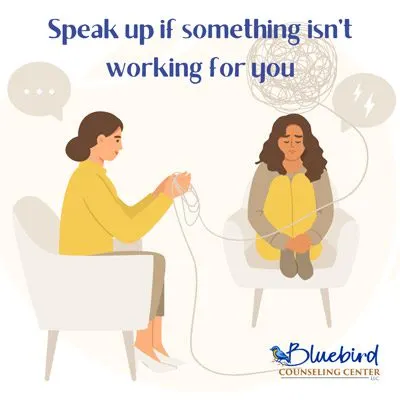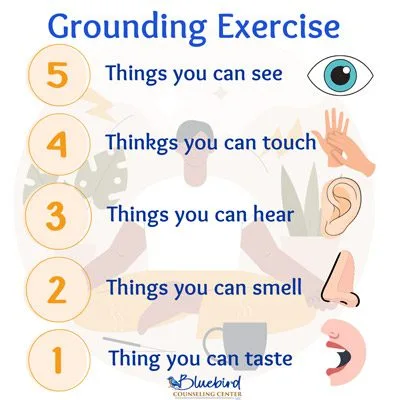
Recognizing the Signs: When to Consider Counseling
Taking the step to seek counseling can be daunting, but recognizing the signs that you might need support is an essential part of prioritizing your mental health. Here are some common indicators that it may be time to consider counseling:
- Persistent Feelings of Sadness or Anxiety
If you find yourself overwhelmed by feelings of sadness, anxiety, or hopelessness that last for weeks or more, it’s important to seek professional help. These emotions can impact your daily life and overall well-being.
- Difficulty Coping with Daily Life
Struggling to handle everyday responsibilities—whether at work, school, or in personal relationships—can be a sign that your mental health requires attention. Counseling can provide support and strategies to help you manage these challenges more effectively.
- Changes in Sleep or Appetite
Significant fluctuations in your sleep patterns or appetite can indicate emotional distress. If you experience insomnia, excessive sleep, overeating, or a loss of appetite, these changes warrant further exploration with a professional.
- Withdrawal from Social Activities
If you find yourself isolating from friends and family or losing interest in activities that once brought you joy, it may be time to seek help. Disconnection from social interactions can exacerbate feelings of loneliness and sadness.
- Experiencing Mood Swings
Frequent and intense mood swings can be indicative of underlying issues. If you notice a significant irregularity in your mood, counseling may help you understand and navigate these changes.
- Feeling Overwhelmed by Stress
When stress becomes unmanageable and begins to impact your daily functioning, it’s crucial to consider seeking professional support. A counselor can assist you in developing healthier coping mechanisms.
- Past Trauma or Grief
If you’re struggling to process past trauma or dealing with significant grief after a loss, talking to a counselor can provide vital support in your healing journey.
- Substance Abuse
Using substances as a way to cope with your feelings or stress is a serious issue that requires professional attention. Counseling can help you develop healthier strategies and address the root causes of substance use.
- Seeking Personal Growth
You don’t have to be experiencing a crisis to benefit from counseling. If you’re interested in personal development or self-exploration, a therapist can help you identify your goals and work towards achieving them.
Conclusion
Recognizing these signs can be an important step toward improving your mental well-being. If you resonate with any of these indicators, remember that you’re not alone, and it’s completely okay to ask for help.
At Bluebird Counseling Center LLC, we are committed to supporting you on your journey toward mental wellness. Don’t hesitate to reach out to us to learn more about our counseling services. Your mental health matters, and we’re here for you!
#BluebirdCounselingCenterLLC #Bluebirdcounselinglititz #Therapy #Counseling #Lititz #SelfCare #MentalHealthAwareness #SignsYouNeedCounseling #TherapyIsForEveryone #EveryoneCanBenefit #BluebirdCounseling #YouAreNotAlone

